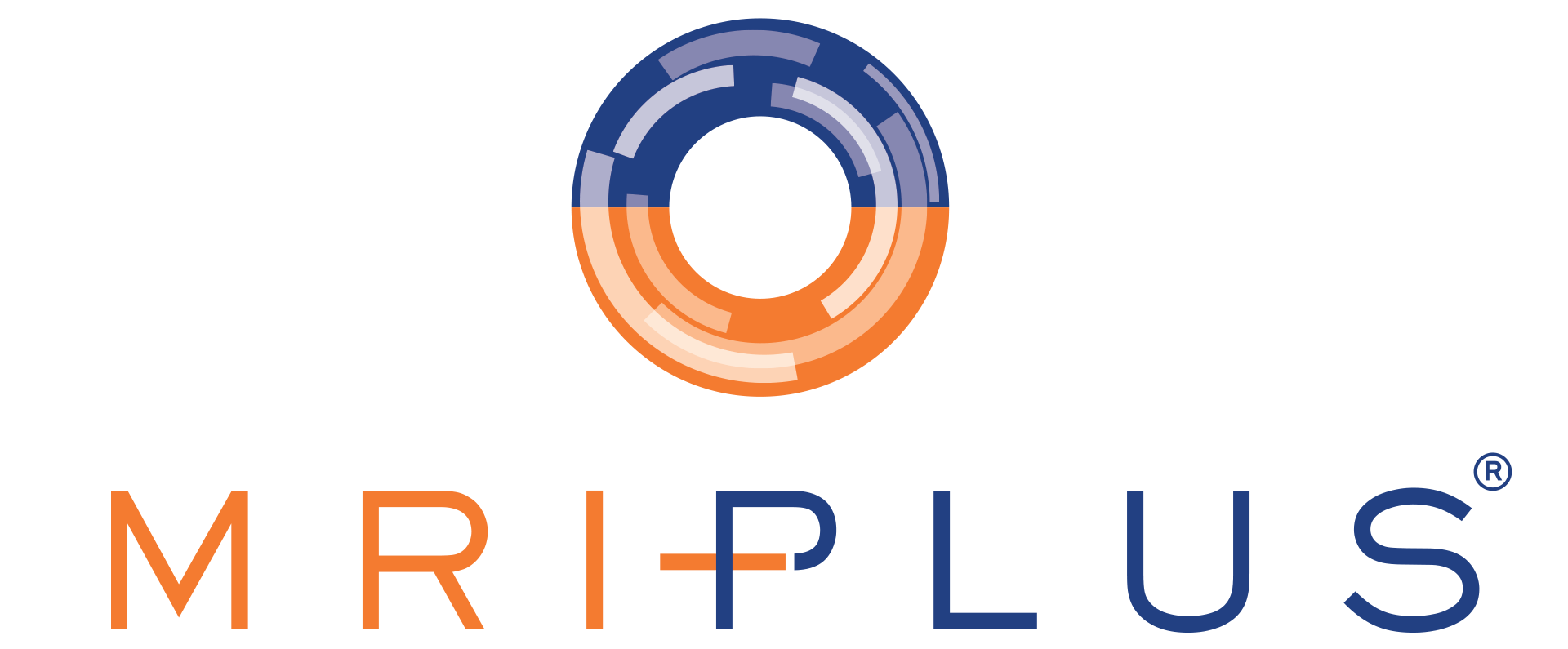Headache Causes: Common Triggers You Should Know
March 29, 2023
There are many possible causes of headaches, and some are more commonly known than others.
We have listed some of the causes of headaches and what you can do to reduce, prevent or manage these types of headaches:
1. Dehydration
As simple as it sounds, not drinking enough water can cause headaches.
When the body is dehydrated, the brain can temporarily contract or shrink slightly, which can cause the brain to pull away from the skull and trigger a headache.
Drink plenty of water
If water isn’t your thing, try mixing it up with other beverages, such as herbal teas, sparkling water and fruit-infused water.
For optimal hydration, aim for 6-8 glasses of water per day.
2. Stress
Stress can cause muscle tension in the head, neck, and shoulders, which can lead to tension headaches.
It can also lead to teeth grinding during your sleep, which can leave you with a sore jaw or even a headache.
Manage your stress
Practice relaxation techniques, like deep breathing, yoga and meditation to find your inner calm and allow your body to relax.
3. Eye Strain
Reading in low-light conditions, out-of-date prescription glasses or staring at a screen for long periods of time can strain the eye and surrounding muscles and could lead to headaches.
Have a break
Taking regular breaks from your computer, phone or books, can be helpful to reduce eye strain or tension.
Go for an eye test
If you wear glasses, it may also be worth checking the last time you had an eye test, and some opticians offer further visual examinations to gain a deeper insight into eye health.
4. Sleep
You may already know that a lack of sleep can cause headaches, but did you know that oversleeping and inconsistent sleep can cause headaches too?
Set a regular sleep schedule
Go to bed and wake up at the same time every day, even at the weekends. We know how tempting a lie-in can be, but you’ll thank us later!
5. Food
What you eat and when you eat can trigger headaches
If you are skipping meals or not eating regularly, this can cause your blood sugar levels to drop unexpectedly.
Your body responds by releasing hormones to your brain to tell you that you are hungry, but these same hormones may also increase your blood pressure or tighten blood vessels, which can cause a headache.
Don’t skip meals
Your body needs consistent calories, so whether you are on a new diet, busy at work or always running late, it’s important to the give your body the same calories to use as fuel every day.
If you are dieting, consider lower-calorie foods, or eat smaller meals more regularly to help keep your blood sugar levels more stable.
If you lead a busy lifestyle, try carrying healthy snacks and preparing food in advance so it’s easier to make time to eat in your busy schedule.
Watch what you eat
Certain foods, such as aged cheese, chocolate or processed meats, can trigger migraines in some people.
Keep a food diary and highlight days and times you experience a headache or migraine. If you suspect a certain food may be the cause of your headaches, try eliminating it for a few weeks and see if you experience less headaches or migraines.
6. Caffeine withdrawal
Caffeine withdrawal: Your body becomes dependent on caffeine, when consumed regularly, so suddenly cutting back or stopping can cause withdrawal symptoms, including headaches.
Be mindful of caffeine
If you are looking to stop having caffeine, reduce your intake slowly and up your water intake to minimise the effects.
If you drink a lot of coffee on working days, and notice headaches on your days off, you may find some relief with a cup of coffee.
7. Colds, flu and sinus congestion
When the sinuses become inflamed and congested due to allergies or infection, pressure can build up, leading to sinus headaches.
The best solution is to get some rest, drink more water or even try over-the-counter remedies. If the problem persists, seek medical attention.
8. Poor posture
Tension headaches are the most common type of headaches and can be caused by poor posture, or muscle tension in the neck and shoulders.
Focus on your posture
Avoid sitting or standing in one position for long periods. When sitting, try to sit up straight and support your lower back where possible.
Practice good body mechanics
Follow safe lifting and carrying techniques, to reduce the risk of back, neck and shoulder strain.
Get support
Ensure your bed, pillows and workspace provide you with good support and promote good posture.
9. The Weather
For people more prone to headaches, sudden weather changes including humidity, rising temperatures, storms, and windy weather can cause barometric pressure headaches.
As the weather changes, our bodies acclimatise to the shift between low air pressure, such as wind, rain and cold temperatures, and high air pressure, such as warm and sunny weather.
So, when there’s a rapid change in pressure or a mix of pressures, such as stormy or windy weather, this can affect anyone already more prone to headaches by triggering chemical changes in the brain.
The barometric pressure (the weight of the air) can also create pressure on nasal and sinus cavities, which are usually filled with air, so this is where you are most likely to feel head pain.
Check the weather forecast
Keeping an eye on the
weather forecast
can help you to be prepared. It can be helpful to keep a diary listing the weather and frequency of headaches or migraines.
Exercise
Regular exercise is generally a good habit, but the endorphins released during high-intensity exercise can also function as a natural pain reliever, which may provide some headache relief.
10. Perfumes and strong odours
Many scented products found around your home contain chemicals that can trigger headaches, such as household cleaning products, perfumes and fragranced air fresheners.
Managing strong smells
Try avoiding strong perfumes, strong smelling bath and shower products and air fresheners. For household cleaning, try opting for fragrance-free cleaners and open your windows or doors during use to minimise the impact.
11. Exercise and sports
Getting regular exercise is good for your body, right?
Well, any exercise that involves running, jumping, sudden changes of direction, or suddenly starting and stopping can potentially jar your head and neck muscles, leading to tight muscles and headaches.
Also, sports that require twisting, or upper body strength, such as tennis, golf and lifting weights, can create tension and tight muscles in the neck and shoulders.
Get stretching
Low-impact aerobic exercise, such as yoga and stretching, can strengthen your muscles and help prevent tension.
Relieve tight muscles
Gently massaging your temples, neck, and shoulders can help reduce muscle tension and improve blood flow. Alternatively, book a sports massage in your local area.
12. Medication overuse
Regular use of pain pain relievers, such as aspirin or ibuprofen, can actually lead to headaches, called medication-overuse headaches, as the body becomes dependent on the medication.
Instead of using medications, why not try some other home remedies for headache relief, such as:
Rest
Try to lie down in a quiet, dark room and rest for a while. This can help reduce stress and muscle tension.
Applying ice or heat
Try applying a cold compress, such as a bag of ice, to the affected area for 15-20 minutes at a time, or try a warm compress, such as a warm towel, on your forehead or neck. This can help reduce inflammation and muscle tension.
Massage
Gently massaging your forehead, neck, and shoulders can help reduce muscle tension and stress.
Aromatherapy
Essential oils such as peppermint, lavender, or eucalyptus can help soothe headache symptoms and can be inhaled or applied to your skin.
When to seek medical attention
If you experience frequent headaches, it's important to speak with your GP or healthcare provider, who can discuss your symptoms and medical history and provide suitable treatment.
You should see your GP about your headaches if:
- Your headaches are severe, frequent, or getting worse over time.
- Your headaches are accompanied by other symptoms, such as fever, confusion, weakness, numbness, or difficulty speaking.
- Your headaches are triggered by exertion, coughing or wake you up at night.
- Your headaches are affecting your daily life, work, or school performance.
- Your headaches are new, different, or unlike any headache you've had before.
- You have a history of head injury or concussion.
- You have a history of cancer, HIV, or other serious medical conditions.
In some cases, your doctor may perform a physical exam, refer you to a specialist or request diagnostic tests, such as an MRI or CT scan, to rule out any underlying conditions.









